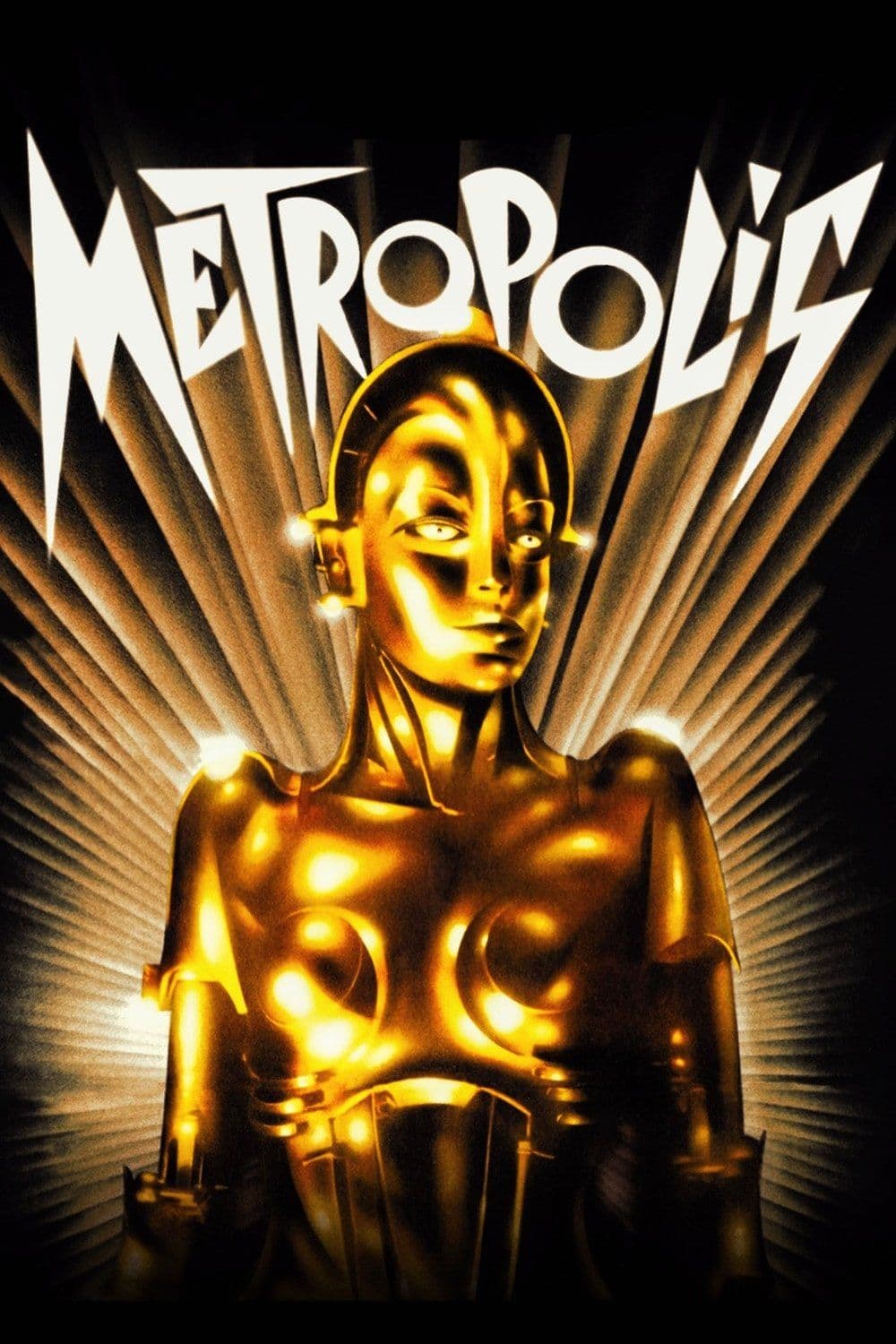
Metropolis
1927
Rate this movie
Average: 5.00 / 5
(1 votes)
Director
A film that changes our understanding of Cinema and sparks new ideas with every viewing. Even today, Metropolis remains a fertile work, dazzling in its towering aesthetic and ethical message. Produced in 1927, during a time of great social and technological transformations, in the restless and vibrant Weimar Republic, Lang's film depicts a dystopian future where class divisions are exacerbated and technology is used to dominate and oppress. Metropolis is a work that goes beyond mere entertainment, offering a profound reflection on the human condition, on power, and on the perversion of progress. It is a film that continues to speak to our present, raising questions that are still relevant today with an almost prophetic lucidity.
Metropolis is a city radically separated into two worlds: that of the opulent and the powerful, who live in glittering skyscrapers, and that of the workers, relegated to a dark and damp underground. This dichotomy between rich and poor, between those who hold power and those who are deprived of it, is not merely a social contrast, but a true ontological fracture, an abyss between the mind (the thinking brain of the masters) and the hands (the brute workforce), a theme that remains of the utmost contemporary relevance. Technology, in Metropolis, is not merely a means of production, but a pervasive instrument in the hands of the powerful to control the masses and maintain social order. The gigantic machinery, robots, and surveillance cameras are used to monitor and discipline the workers, outlining a model of a surveillance society that would anticipate the literary dystopias of Orwell or Huxley by decades. Even today, concerns related to the use of technology for social control are at the heart of public debate, in a frightening echo of that mechanized future. Work, in Metropolis, is an alienating and repetitive activity that deprives individuals of their humanity. The workers are reduced to mere cogs in a machine, without any possibility of expression or personal fulfillment, a scathing critique of Taylorism and Fordism that reduced man to a purely productive function. This theme, too, remains vibrant and fraught with issues in our own time, especially in the era of mass production and automation, which often relegates the individual to a mere extension of an algorithm.
Fritz Lang tells the story of a futuristic city where the working class and the ruling class are rigidly divided under the command of a dictator. Things change with the encounter between Maria, a proletarian with spiritual fervor who embodies purity and hope, and Freder, the son of Metropolis's absolute master, Joh Fredersen, who represents the bourgeois conscience in search of redemption. Their love, a symbol of the necessary union between "heart" and "mind," is shattered by the scientist Rotwang, a Faustian figure and archetype of the "mad scientist," who abducts Maria to create a robot in her likeness. This "Maschinenmensch," the False Maria, is not only a mechanical duplicate but a perverse embodiment of propaganda, created to incite the workers to destructive rebellion, revealing the ease with which hope can be manipulated into fanaticism. Metropolis, the city-universe that negates every horizon, becomes a character itself, an oppressive monument to human ambition, a modern Tower of Babel concealing within its belly a volcano of despair and potential anarchy.
A spectacular use of images as rarefied icons, enriched by an attention to detail and a love for cinematography that is almost supernatural. Lang, with his architectural background, molds the city as an imposing sculpture, made of straight lines and colossal volumes, emphasized by a masterful use of the Schüfftan process, which allowed the blending of miniature sets with full-scale actors. An extraordinary directorial ability to capture emotions through a new, specifically codified language, comprised of emphatic gestures, meaningful glances, and an expressionist chiaroscuro that sculpts light and shadows, makes this work a timeless classic and an invaluable training ground for anyone wishing to engage with the Art of cinema. And Metropolis is a work that has profoundly marked the history of cinema, not only as a masterpiece of expressionist style, with its contrasting lights and shadows, its geometric forms, and its monumental architectures, but as a cornerstone of dystopian science fiction. Its aesthetic has influenced generations of directors, from Ridley Scott in Blade Runner to George Lucas's imagery for C-3PO in Star Wars, from Terry Gilliam in Brazil to the visionary Dark City and The Matrix, demonstrating its perennial visual and thematic resonance.
But beyond its formal beauty, Metropolis is a film that invites us to reflect on the society we live in, a warning against industrial alienation and the distorted use of power. The themes addressed by Lang, such as class division, alienation, the dehumanization of labor, and the power of propaganda and media manipulation – terrifyingly symbolized by the False Maria – are universal in nature and are handed down through the fading of Time with their unchanged semantic weight. Metropolis is a film that does not age, a work still capable, after almost a century, of stirring very strong emotions within us, laying bare the contradictions of our time, and reminding us that the bridge between mind and heart, between power and labor, is the only path to true and lasting social harmony.
Genres
Country
Gallery
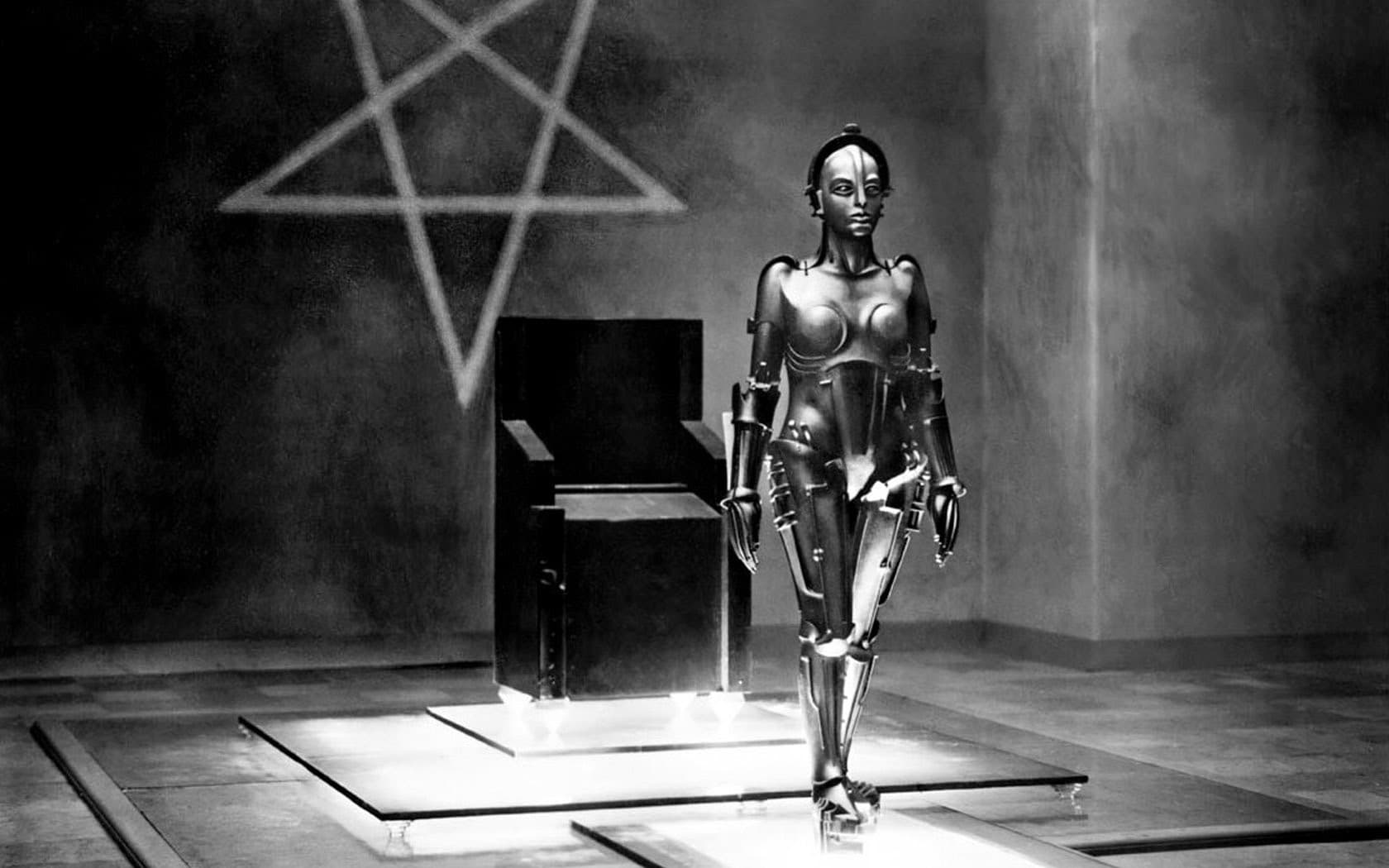
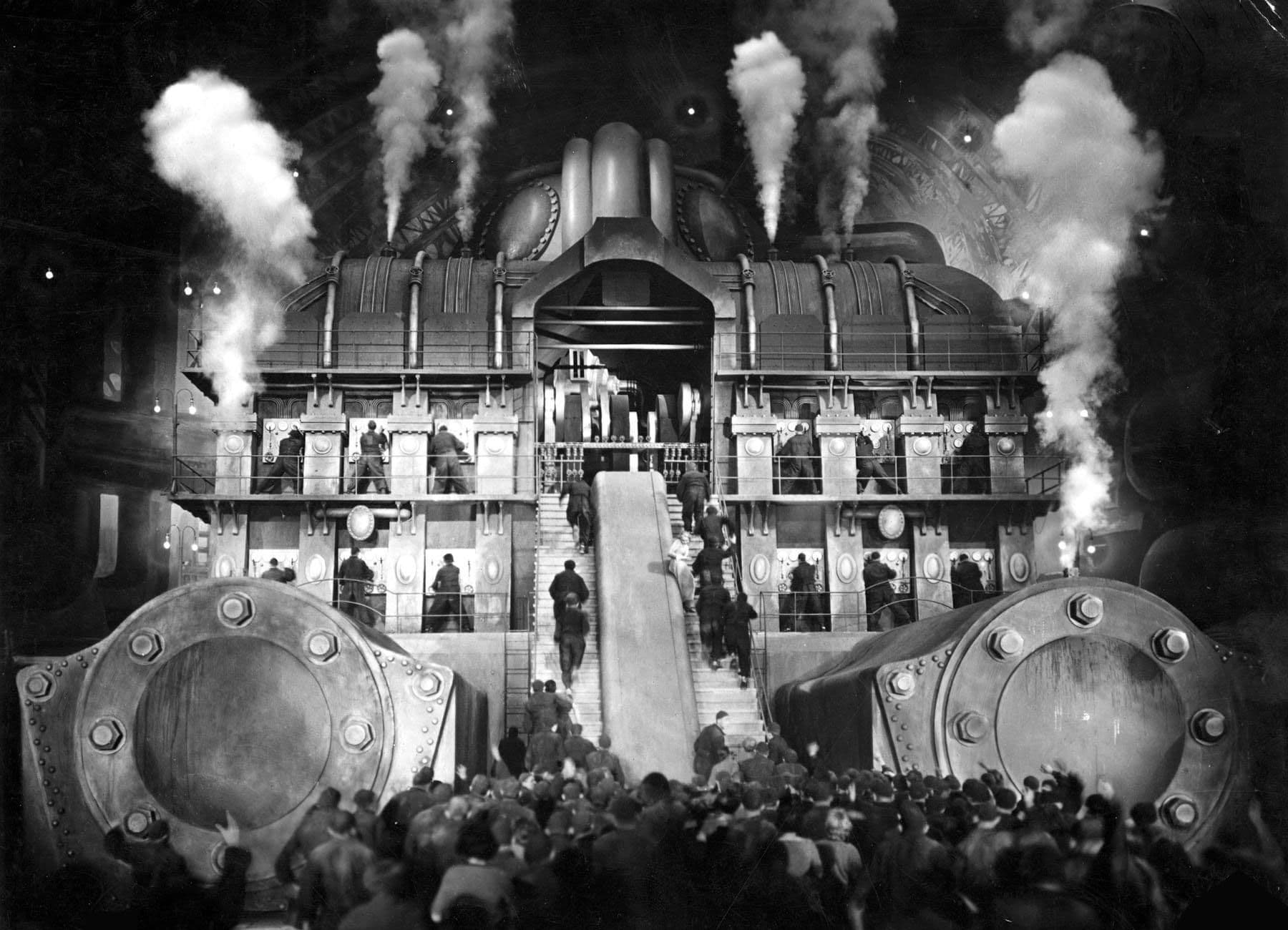

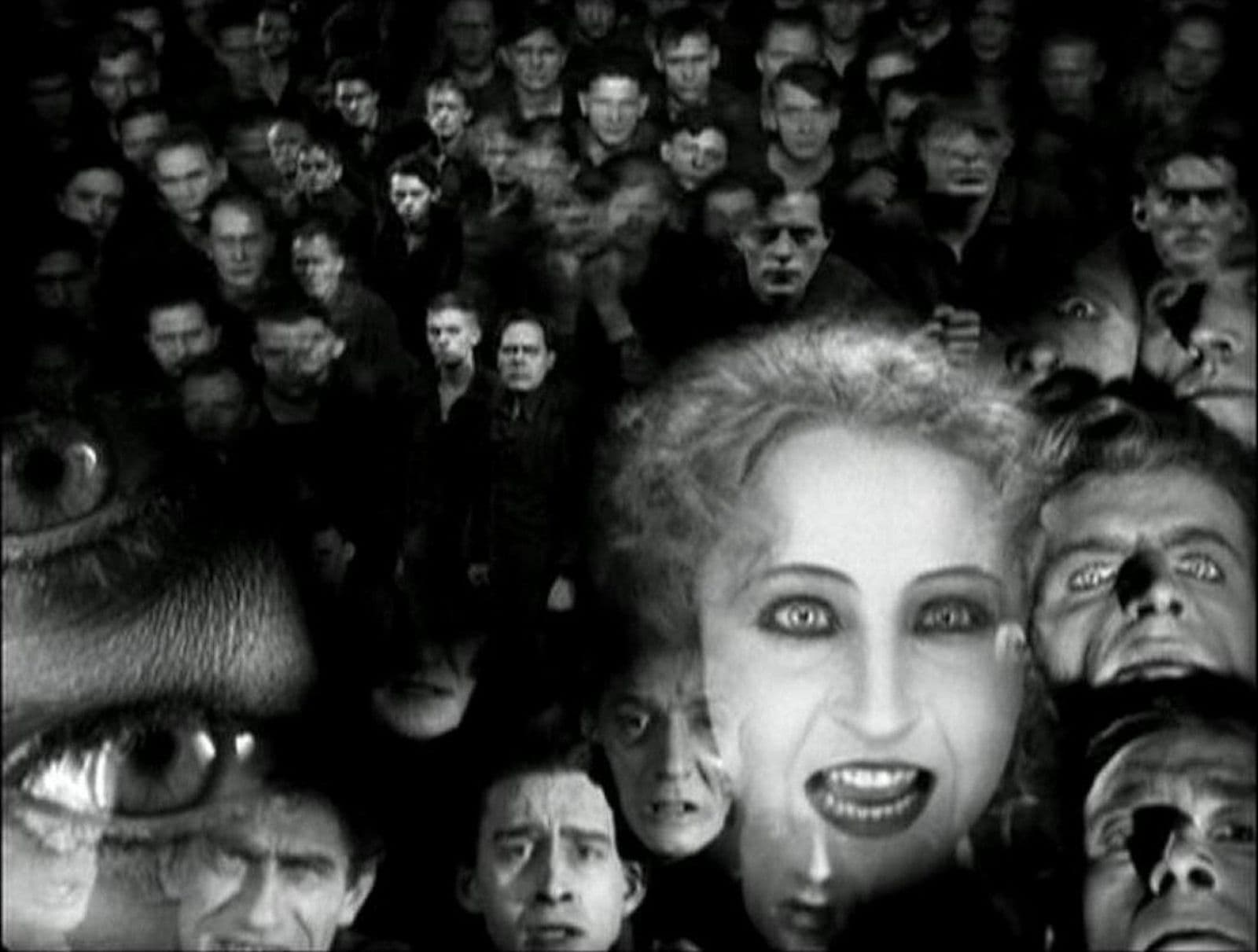
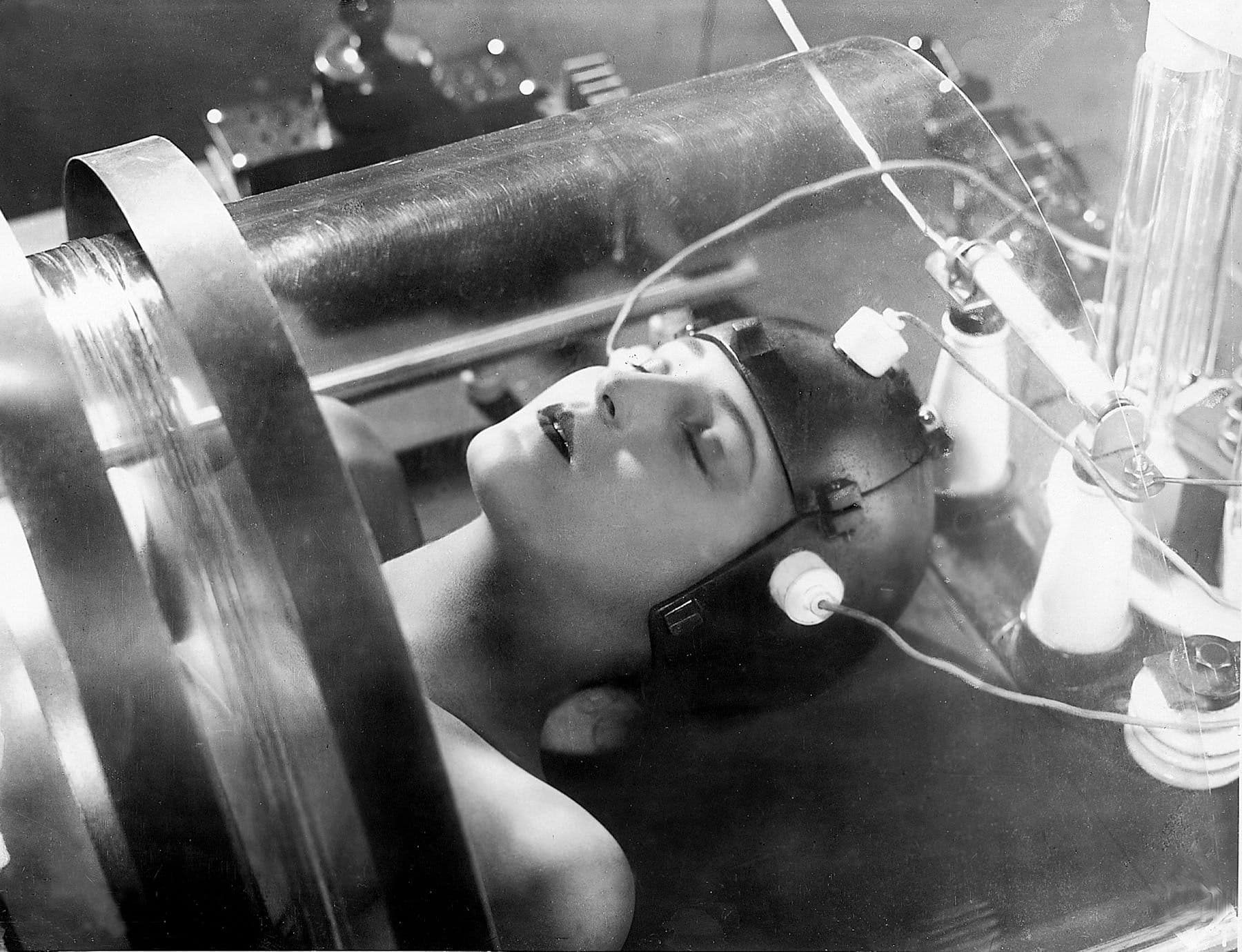
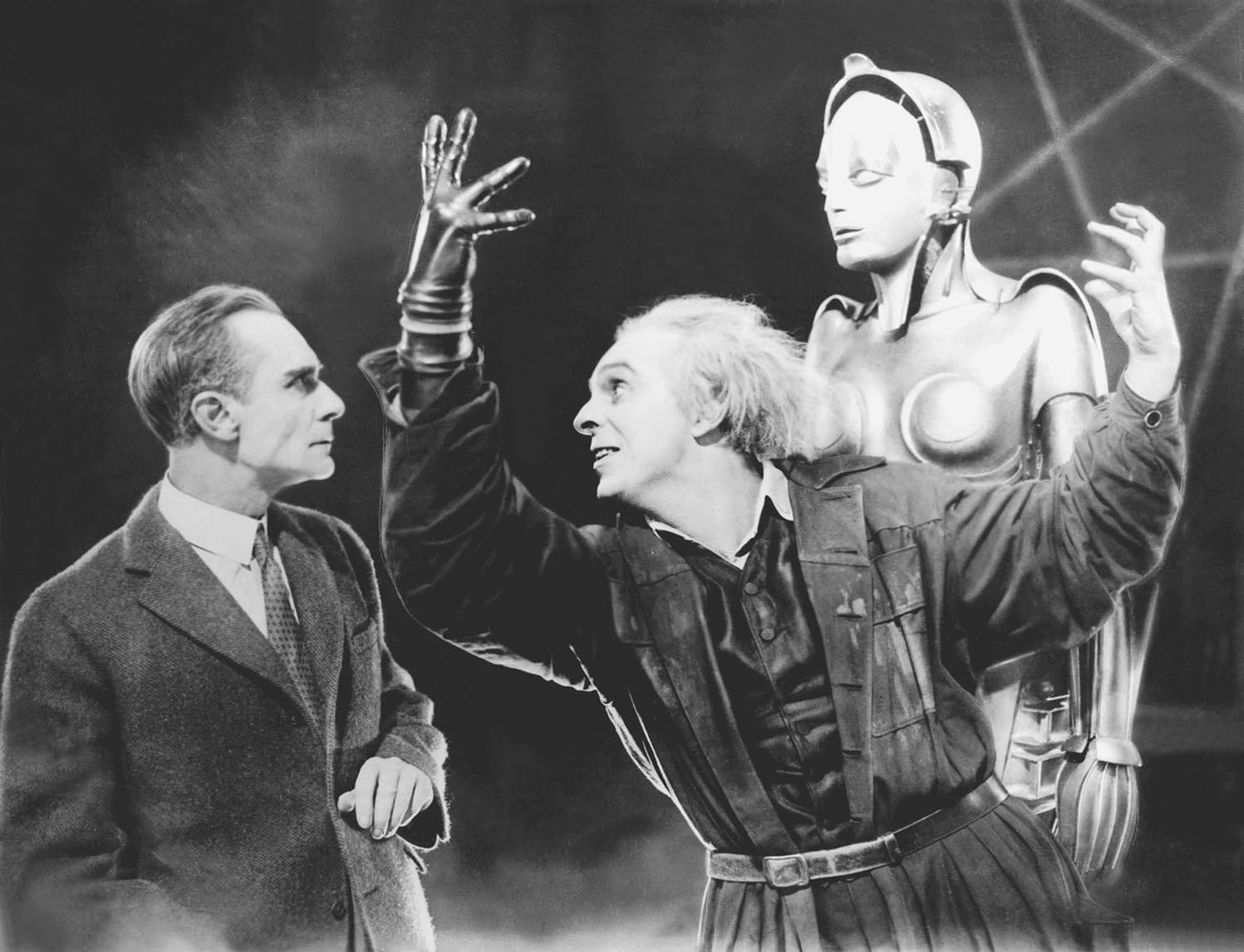
Comments
Loading comments...